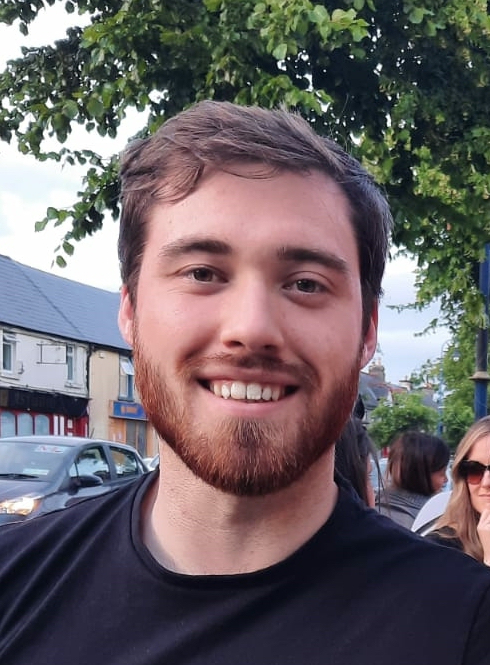
Matthew Birney
A Travelling Doctoral Studentship in Observational Astrophysics was awarded to
My name is Matthew Birney and I’m an observational astrophysics PhD student at Maynooth University studying protostellar jets from young, forming stars. I graduated with a BSc in Physics with Astrophysics from Maynooth University in 2020, graduating top of my class and achieving a high first-class honour having studied Experimental Physics, Theoretical Physics, Mathematics and Computer Science. I was awarded the Nicholas Callan Memorial Prize in my final year, and I was awarded the IOP Earnshaw Award 2020 for the best undergraduate physics thesis in Ireland and Northern Ireland.
With the support of the NUI Travelling Doctoral Studentship I will visit the Institute of Planetology and Astrophysics Grenoble (IPAG) in Grenoble, France and the European Southern Observatory (ESO) headquarters in Garching, Germany. I plan to work at IPAG for 9 months over two visits, one in my 2nd year and one in my 3rd year. At IPAG I will study with Dr Catherine Dougados and her research team. Dr Dougados is an expert on analysis techniques for jet studies and did much of the early work in this field. I plan to work at ESO Garching for 3 months with Dr Fernando Comerón where I will investigate the motion of the jet through space over time. Dr Comerón has much experience investigating the kinematics and motions of jets.
My research project will explore the effect of stellar jet launching on planet formation. Jets are launched from the poles of a rotating, forming star when fast-moving material from the inner disk of the star is accelerated and collimated by magnetic fields. Therefore, jets are thought to remove excess angular momentum from the star, slowing its rotation and allowing the star to form. The jets also impact on the planet forming regions of the disk; however, the precise theoretical model for jet launching is currently debated. I will constrain the dominant theoretical jet-launching mechanism.
Planet formation studies have primarily focused on relatively evolved solar systems. Recently however, it has become observationally possible to detect and study planet formation in young stars. To understand the first stages in the planet formation process it is immeasurably important that we probe the processes (i.e. jet launching) which influence the evolution of the disk where planets will eventually form.
I am consistently enthusiastic about what I do, I love research. I am eager to visit IPAG and ESO’s headquarters, not only to work on my project with experts, but also to experience working in large research institutes and to make European connections for Irish researchers. I am most looking forward to all of my research beginning to come together into a structured piece of work. I am hopeful this will happen after my second visit to IPAG towards the end of my 3rd Year.






















